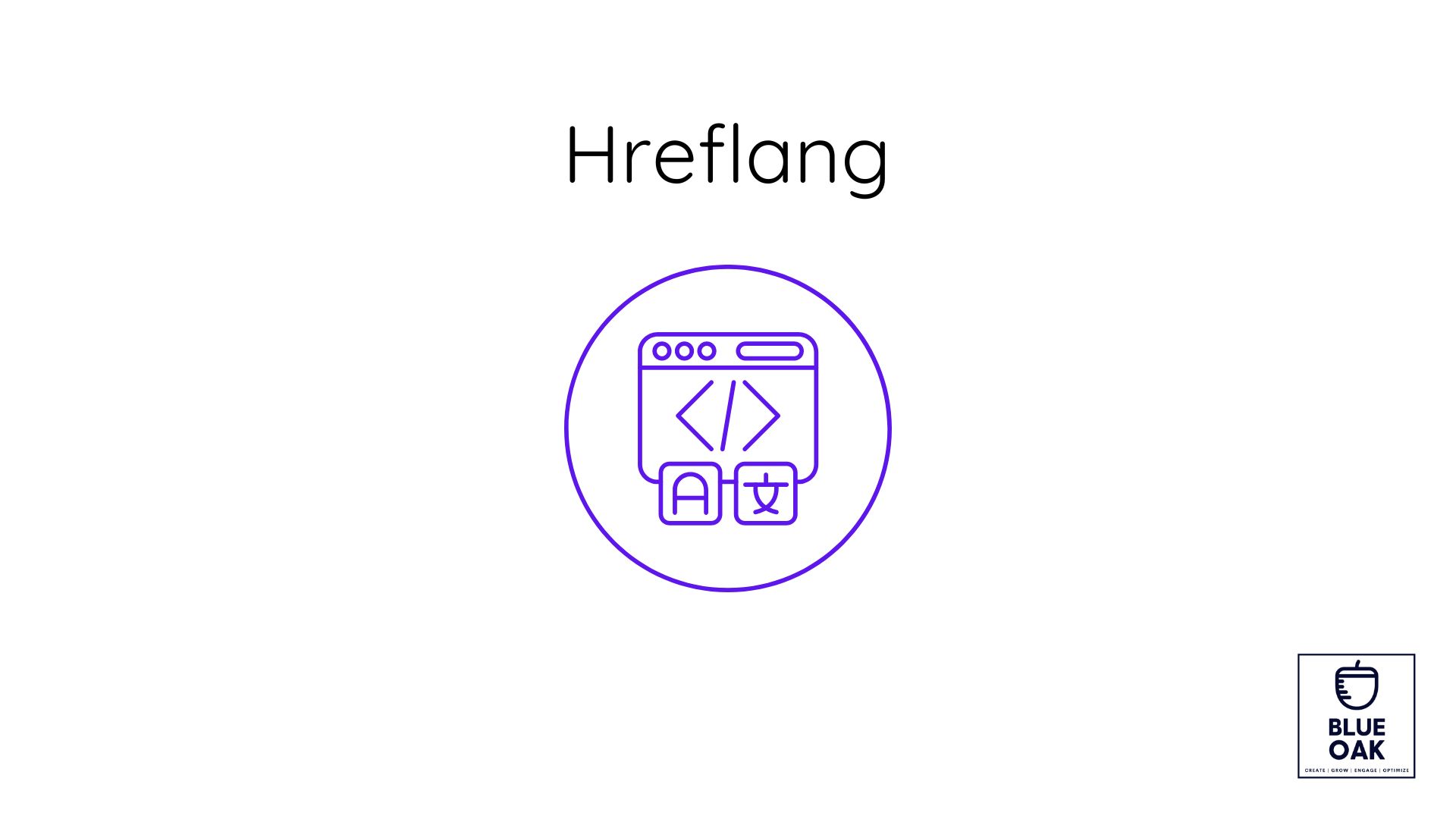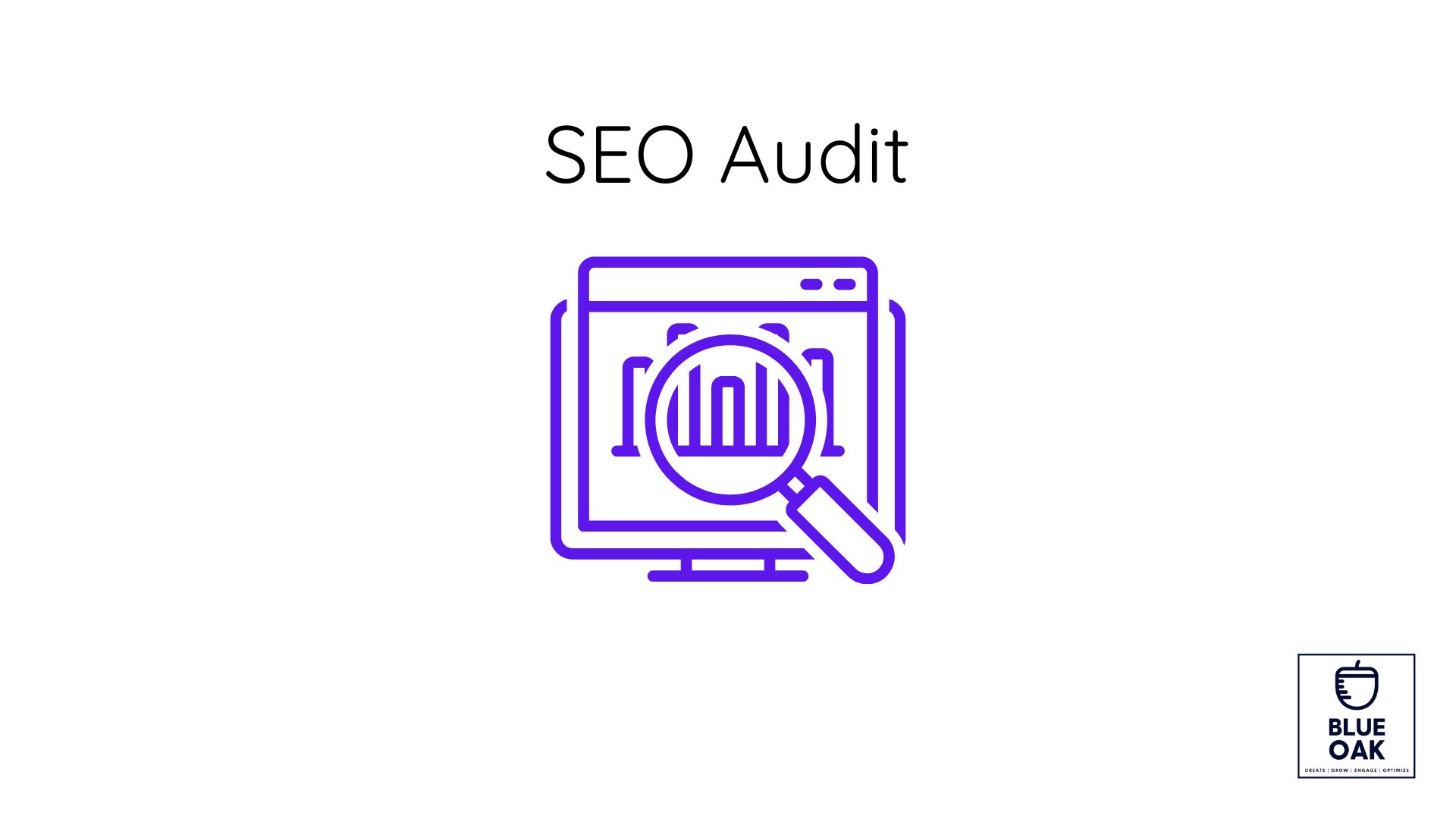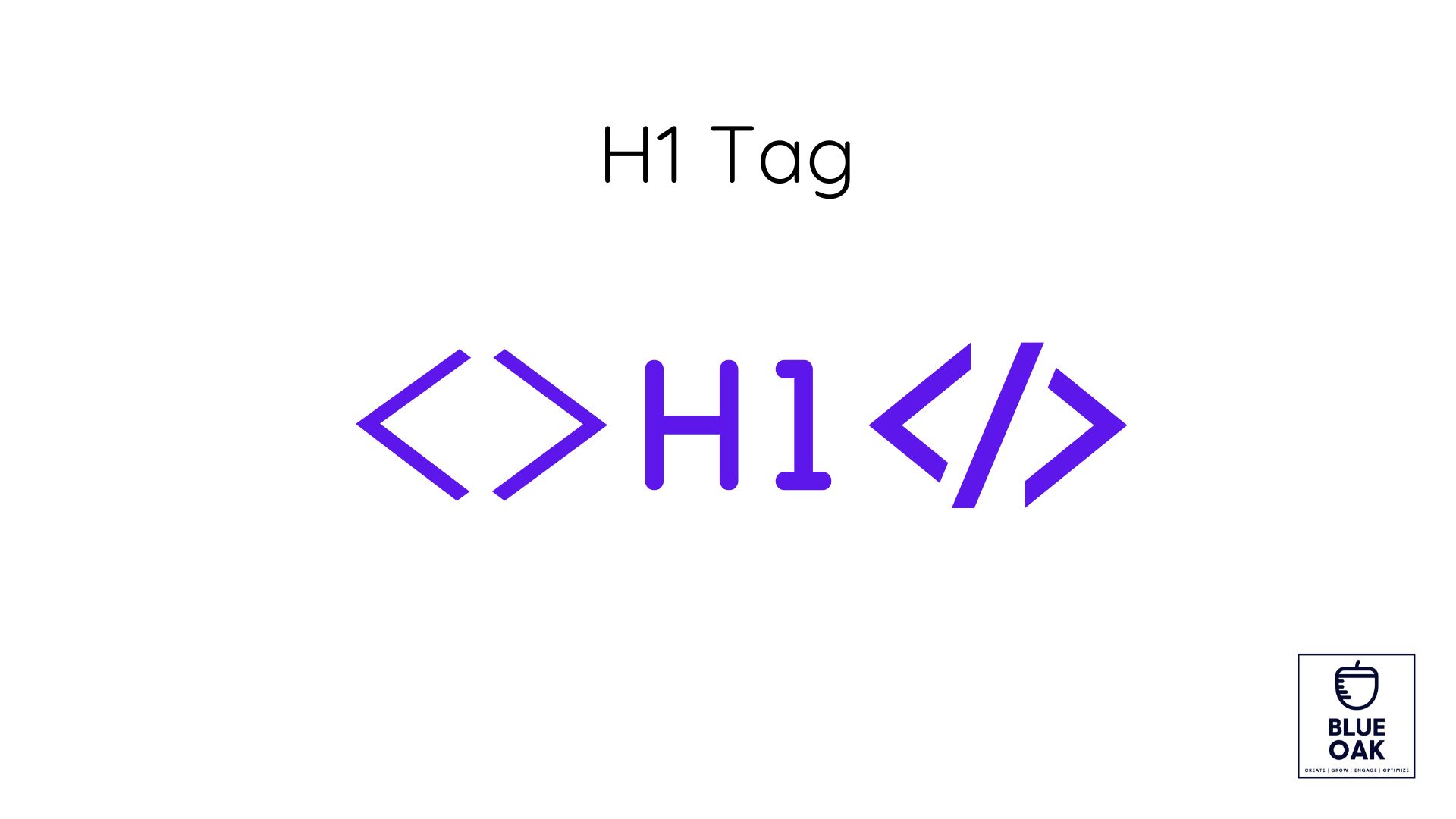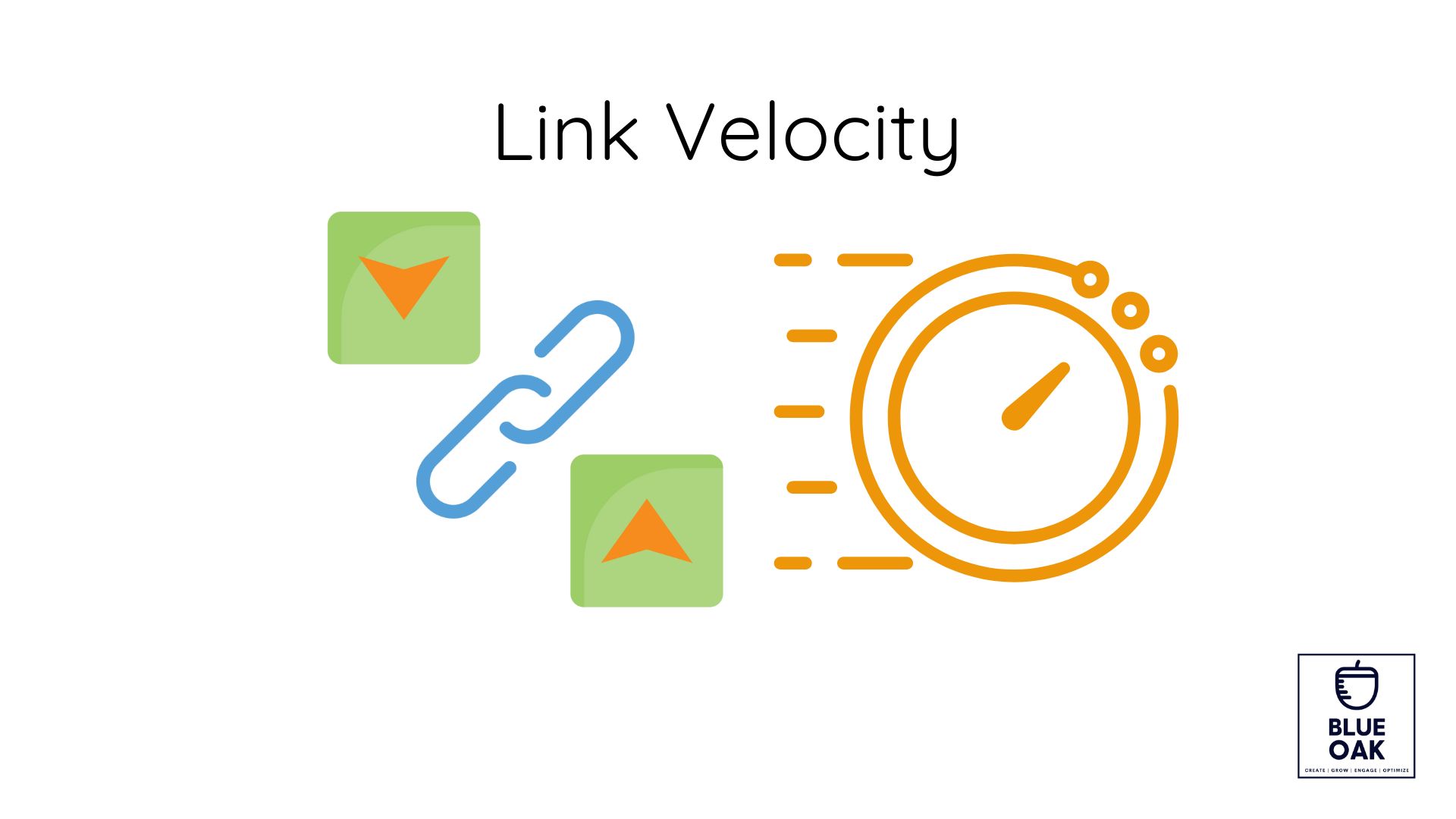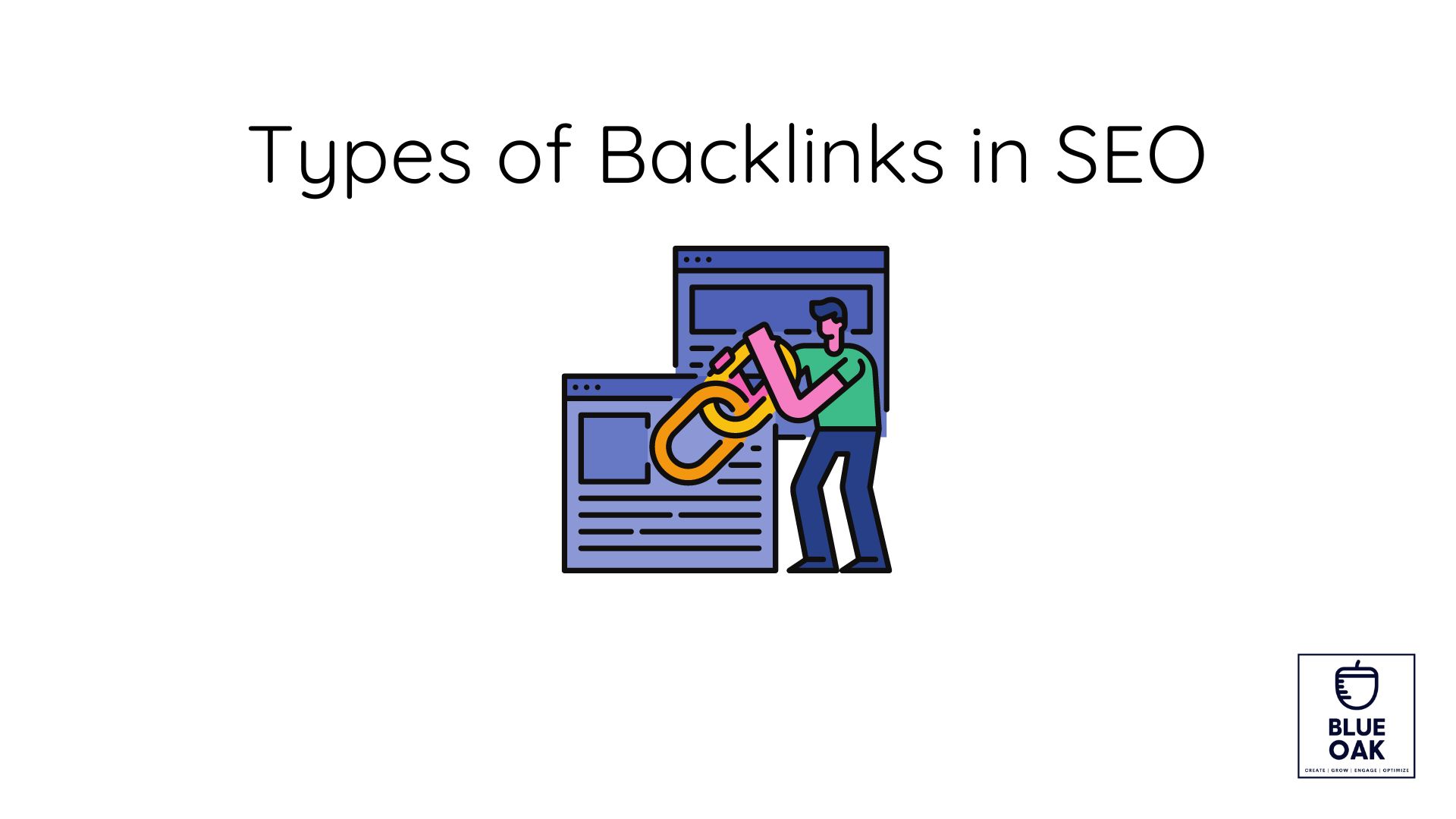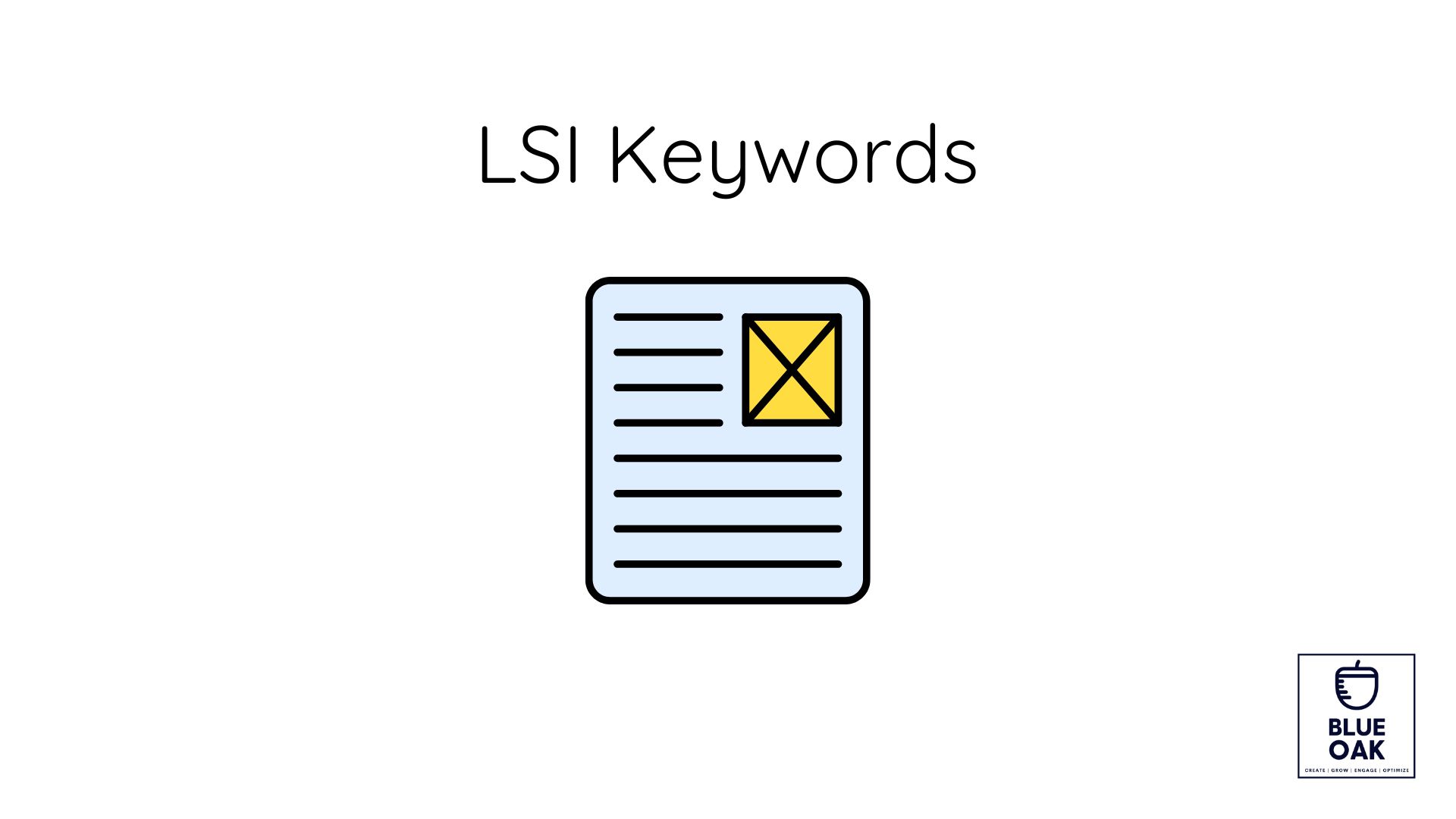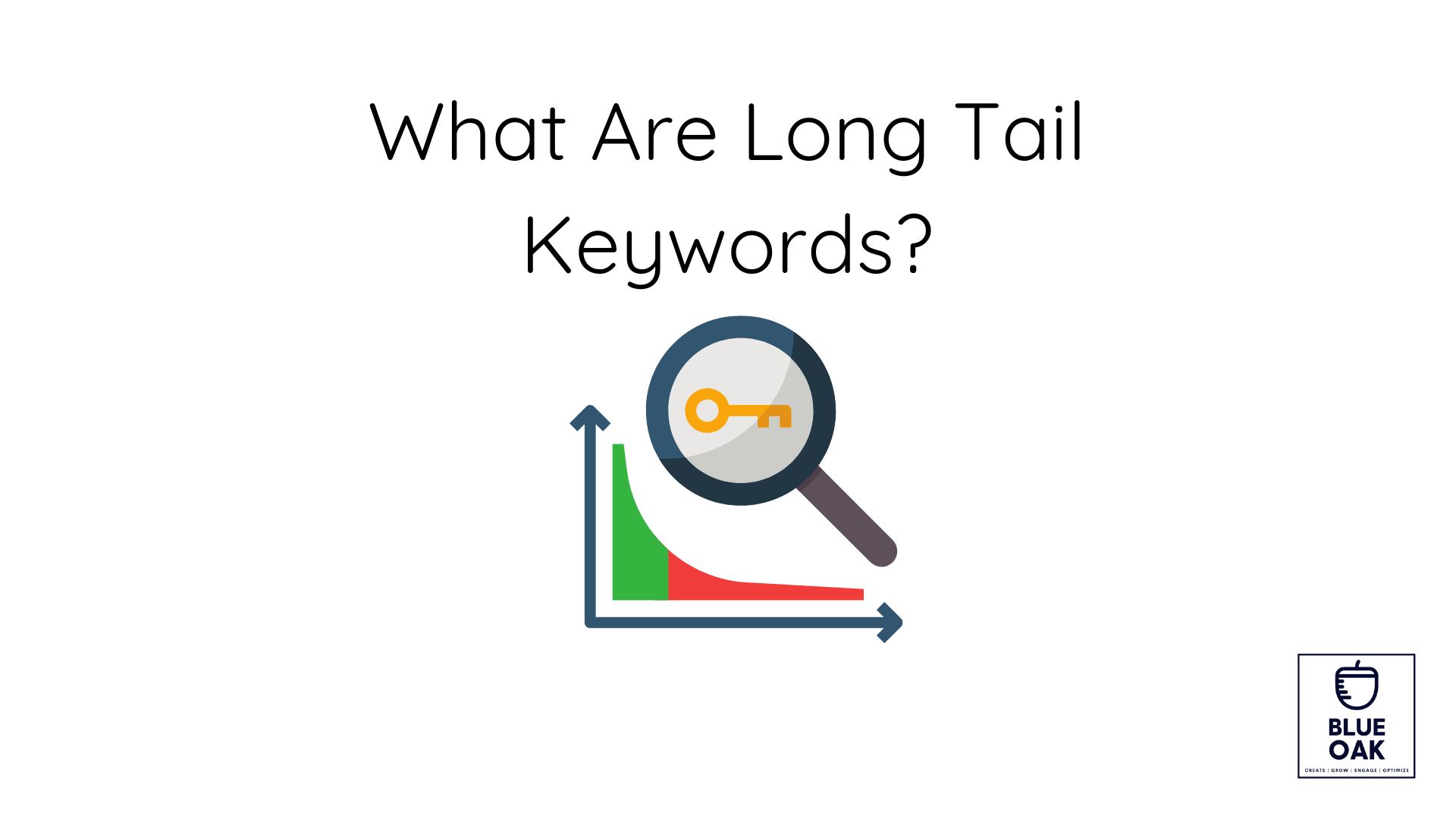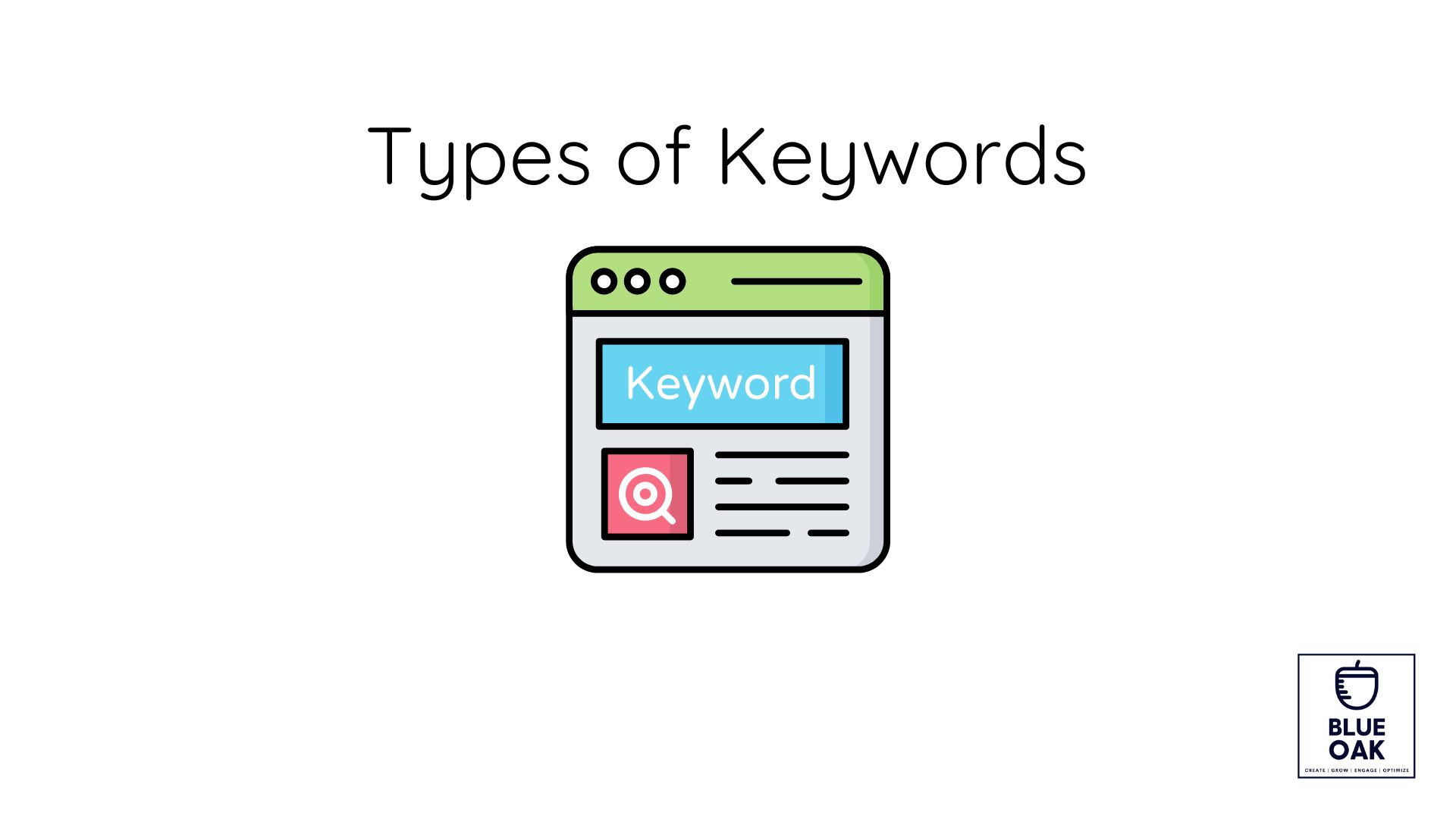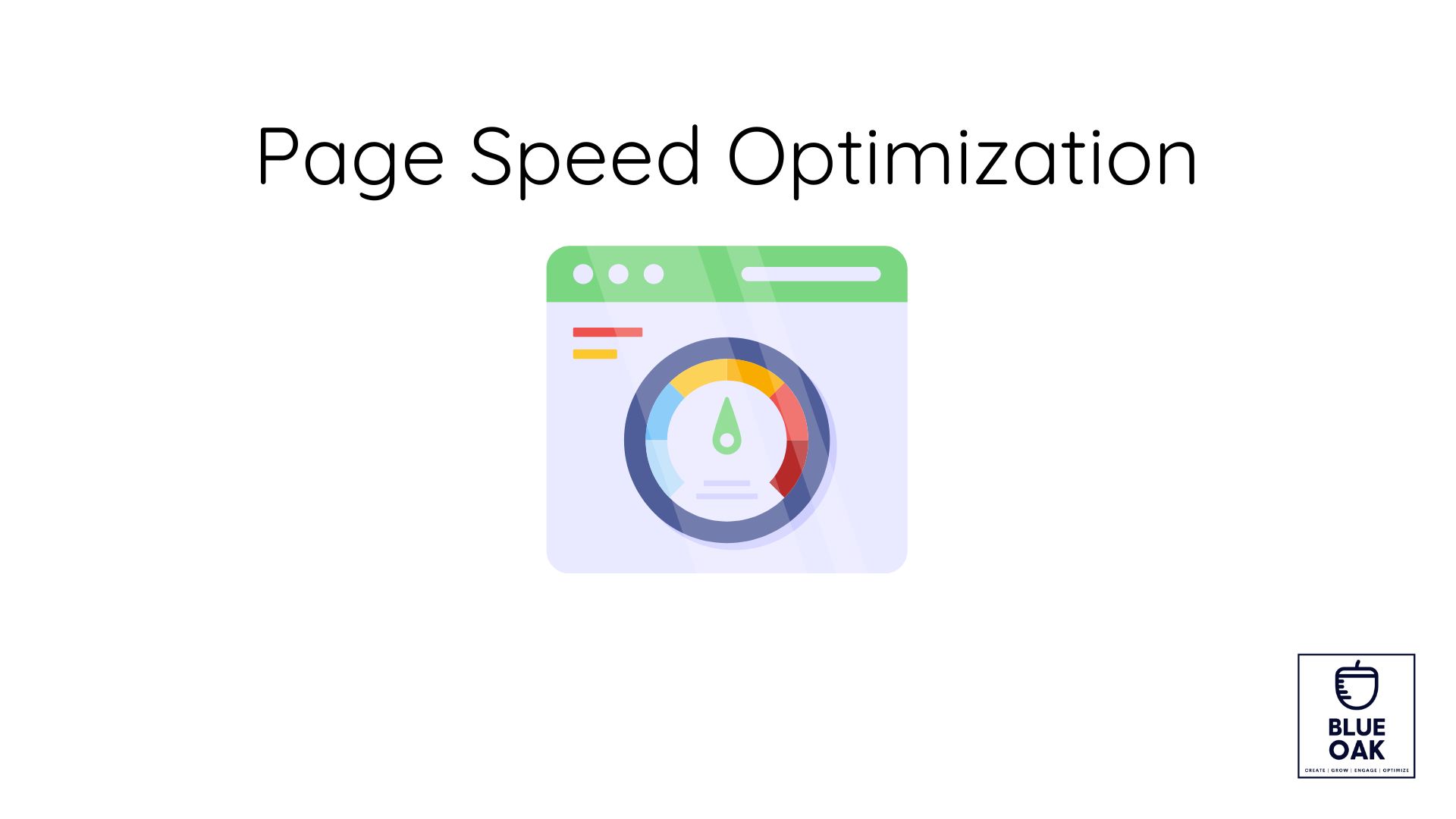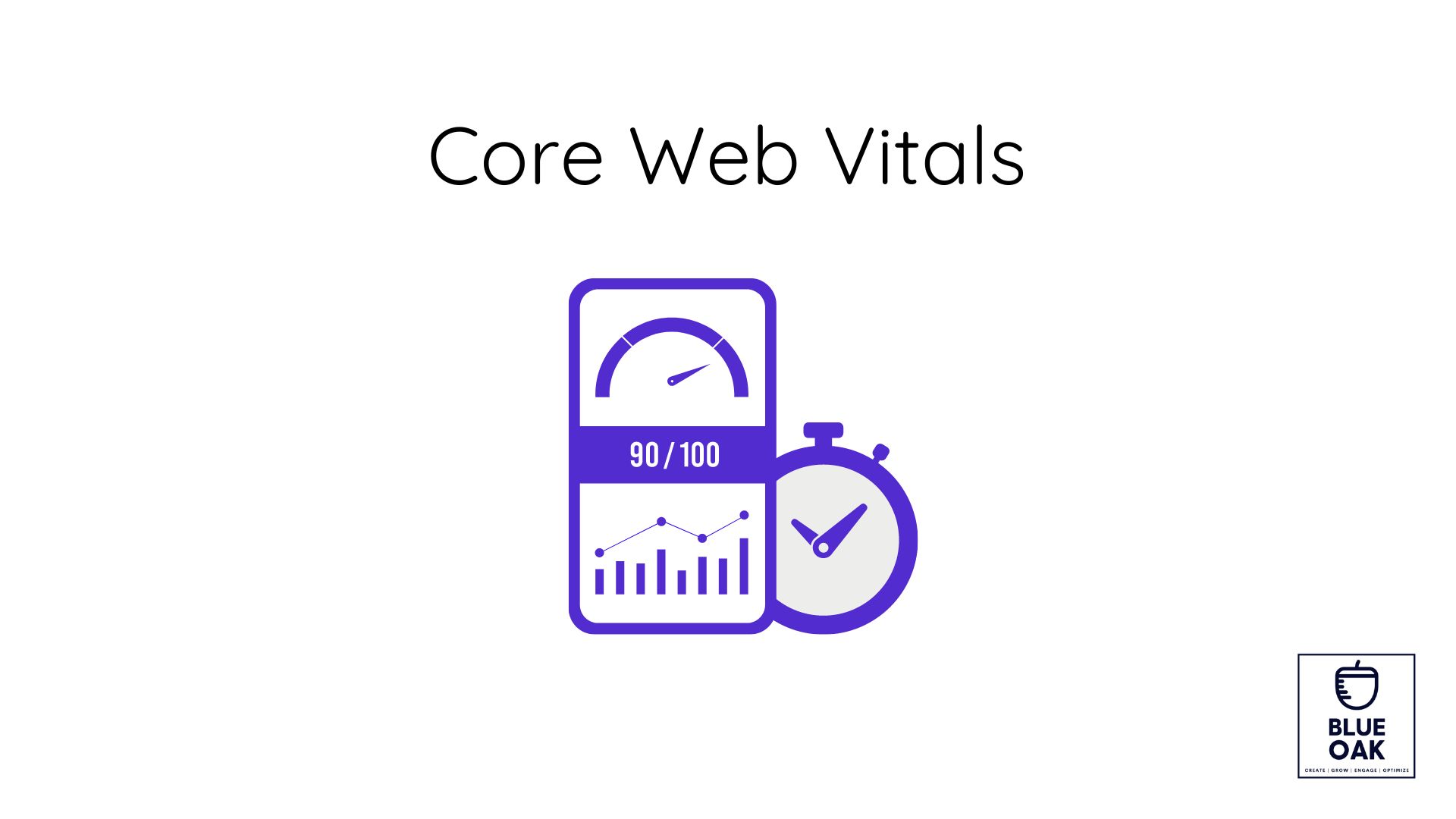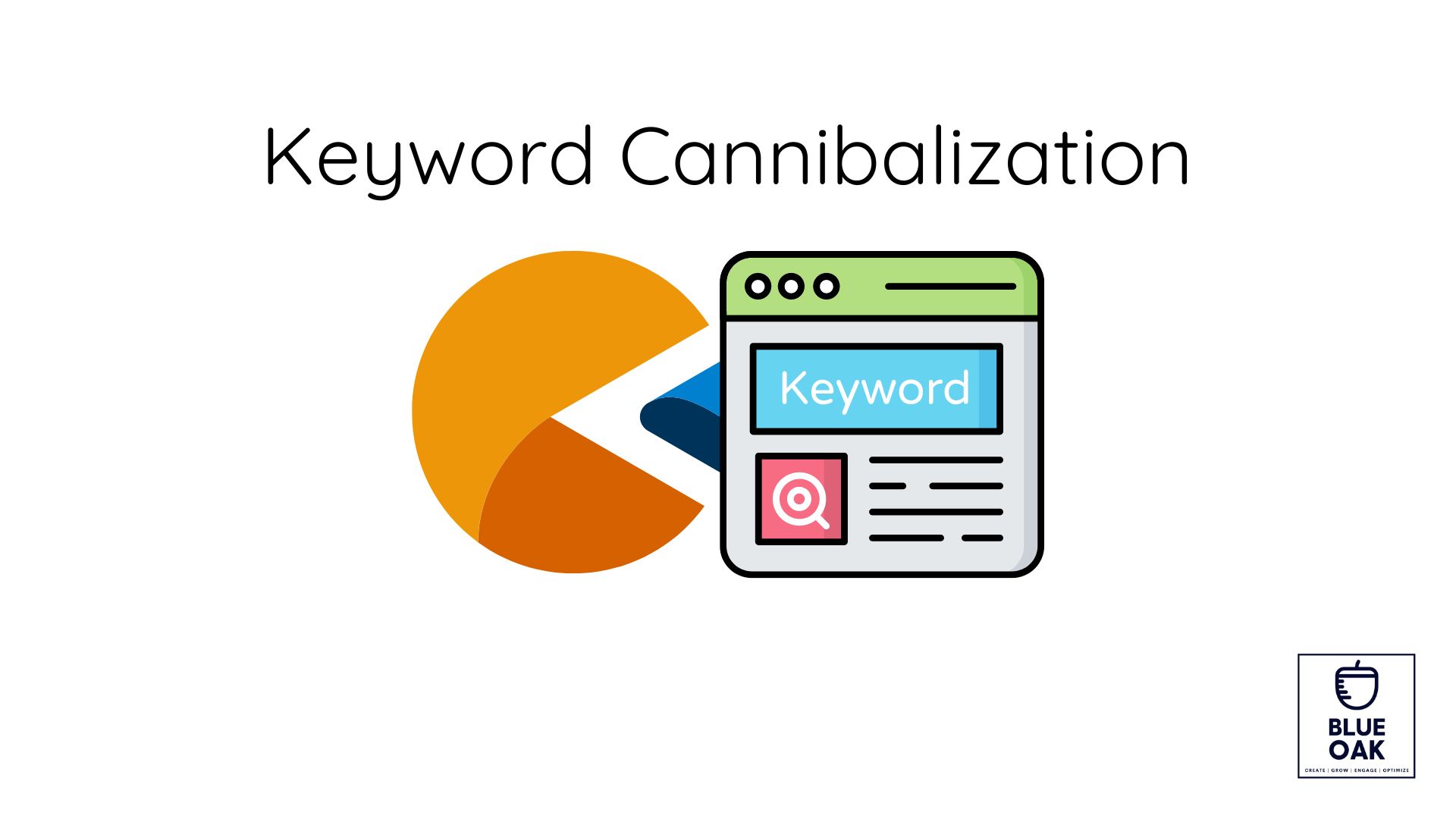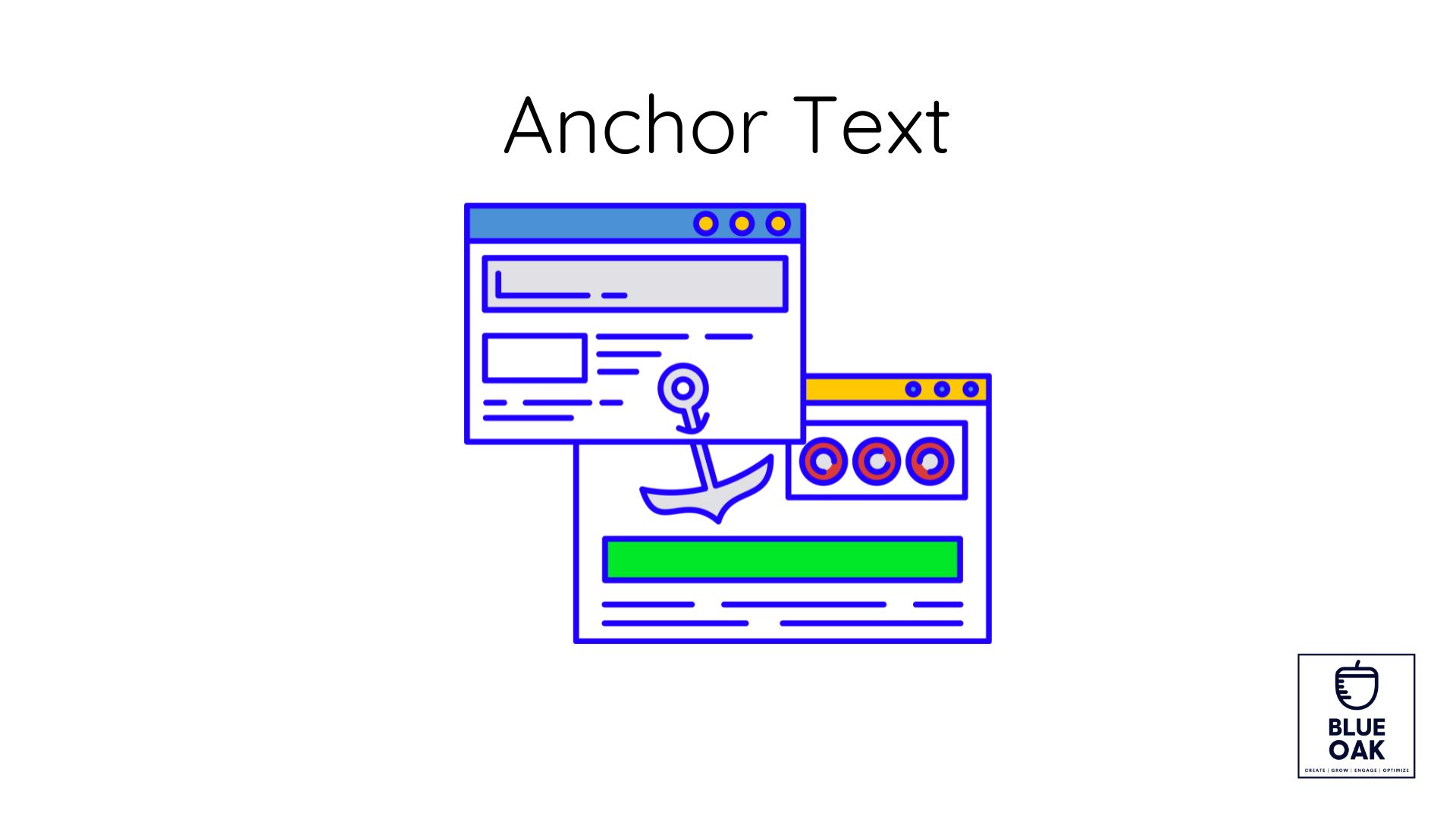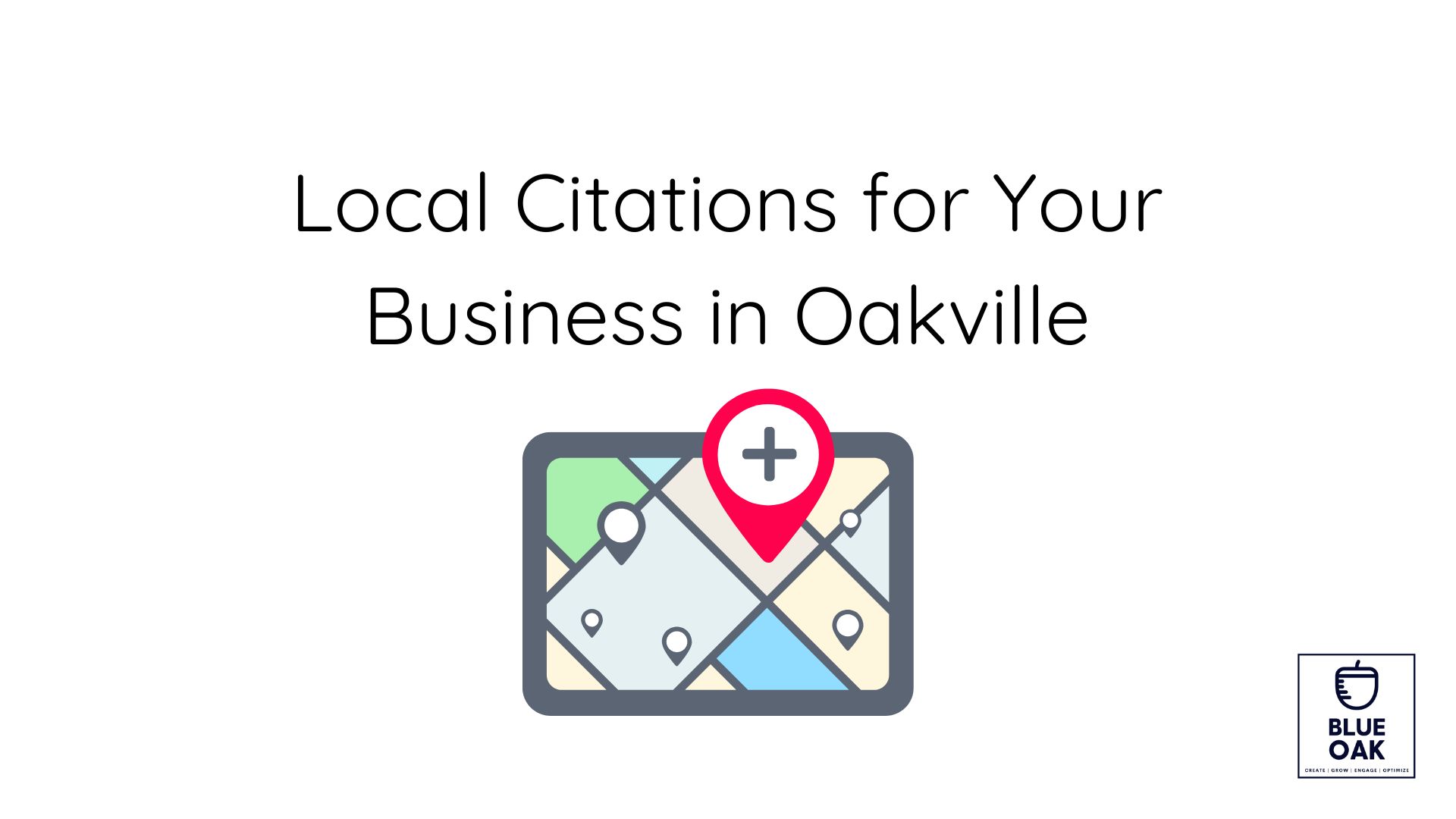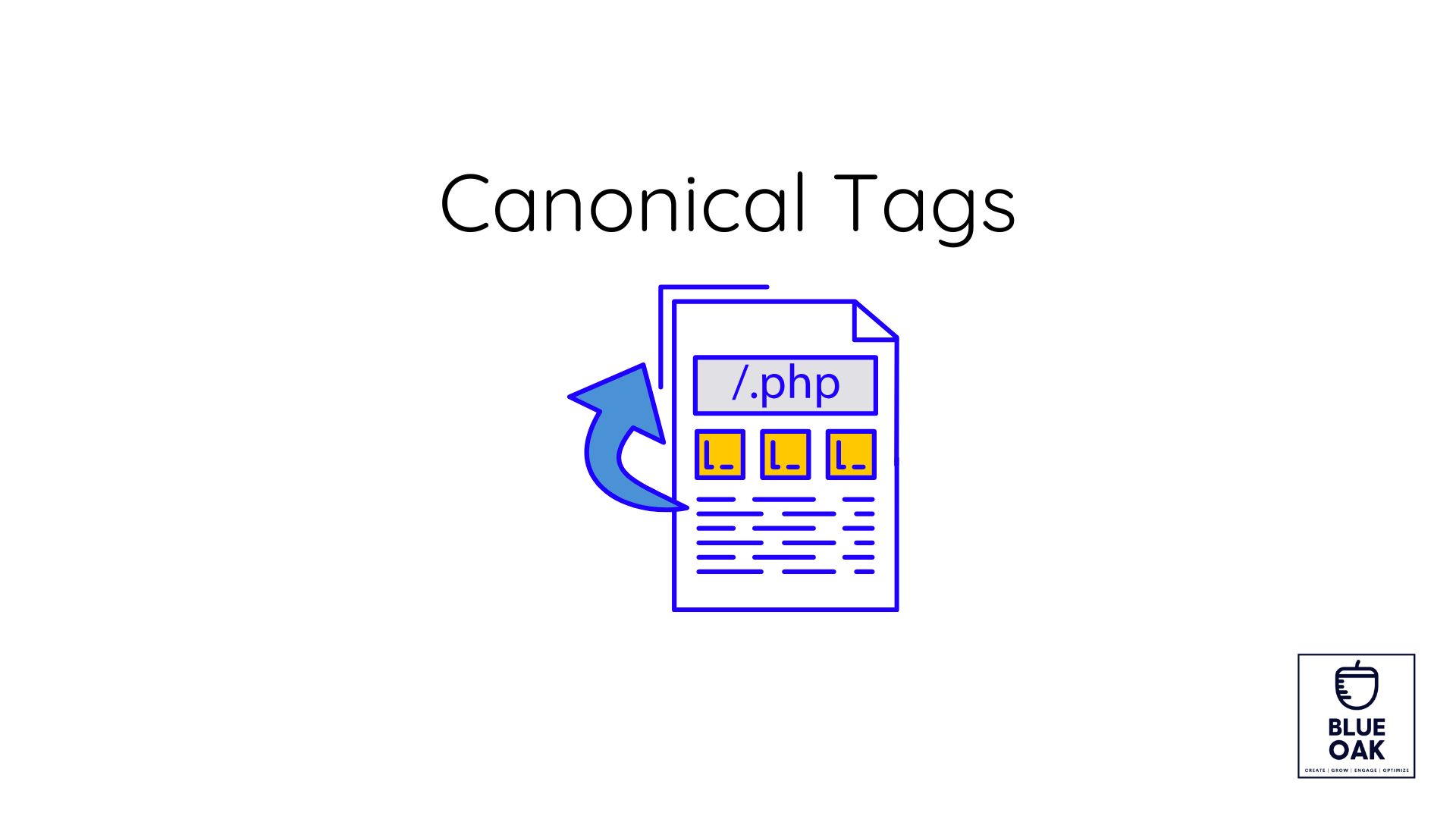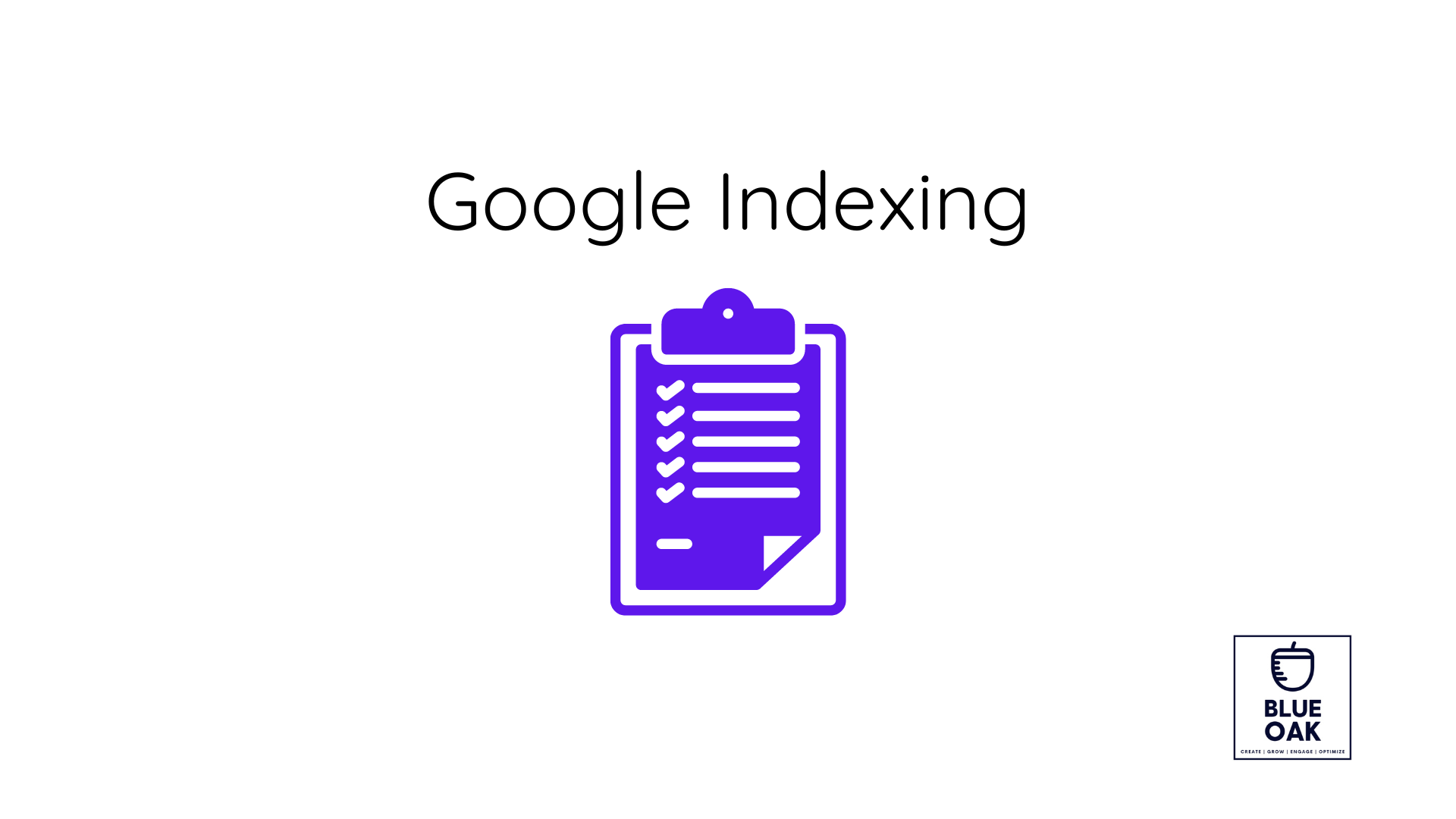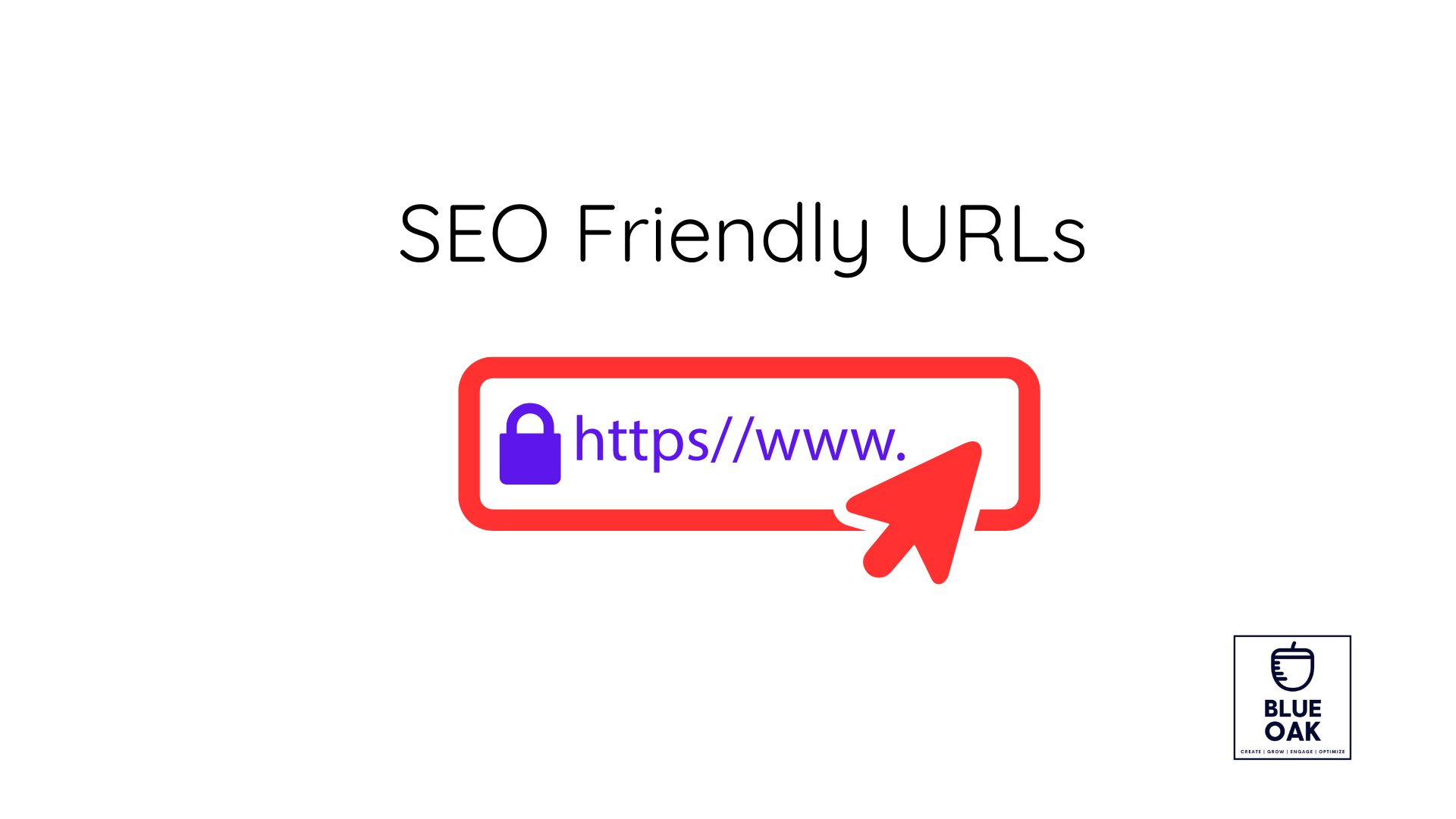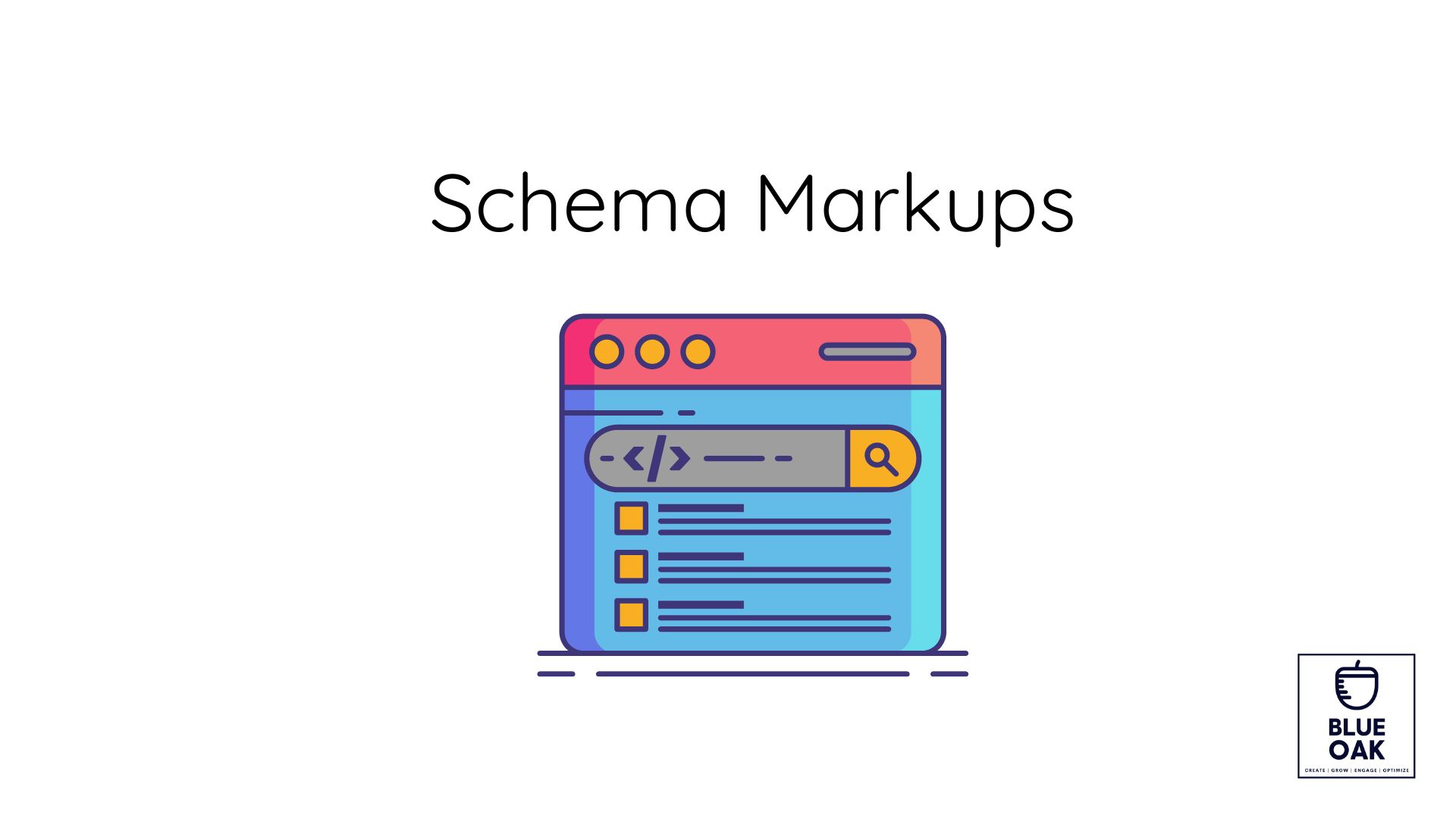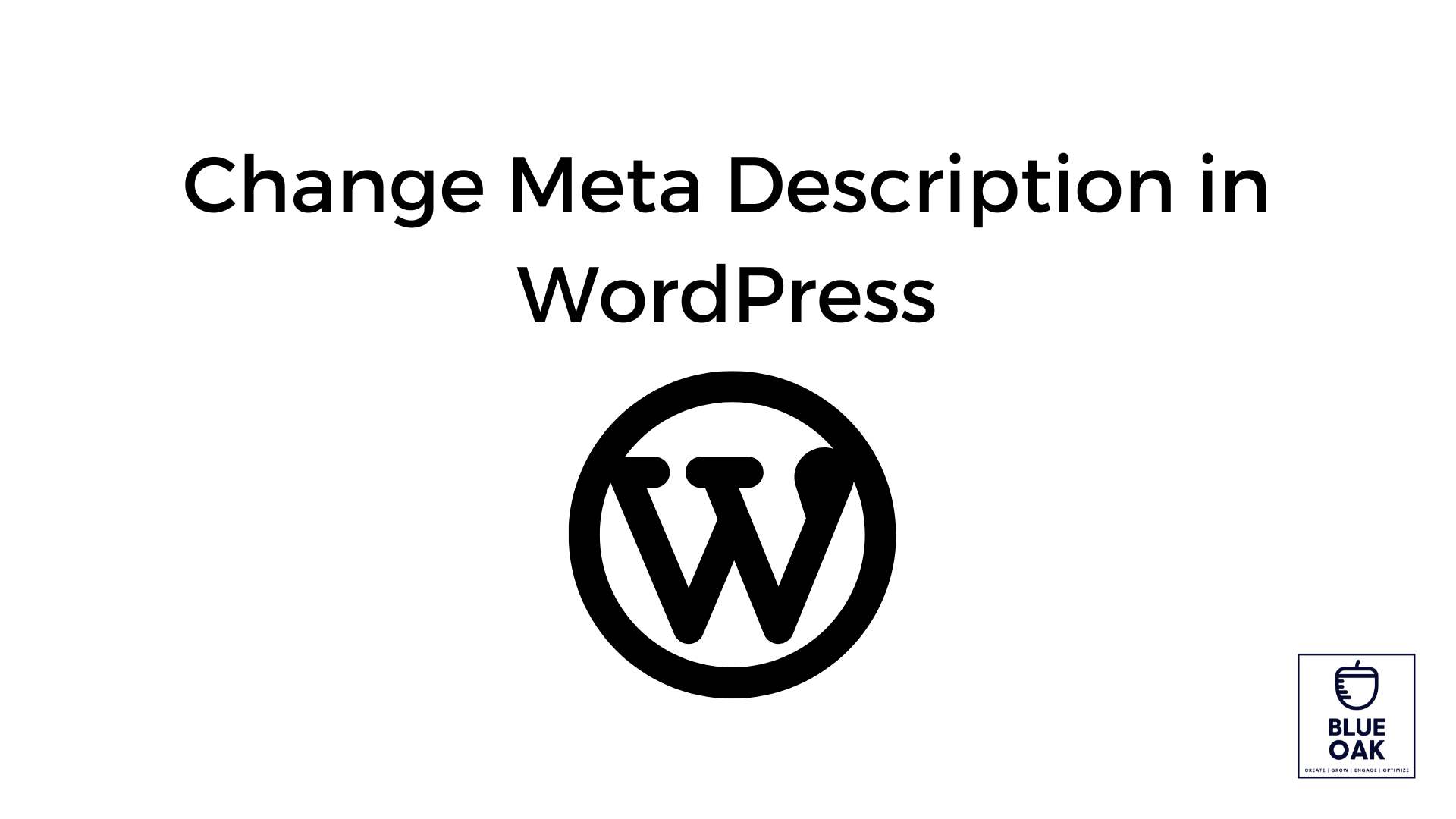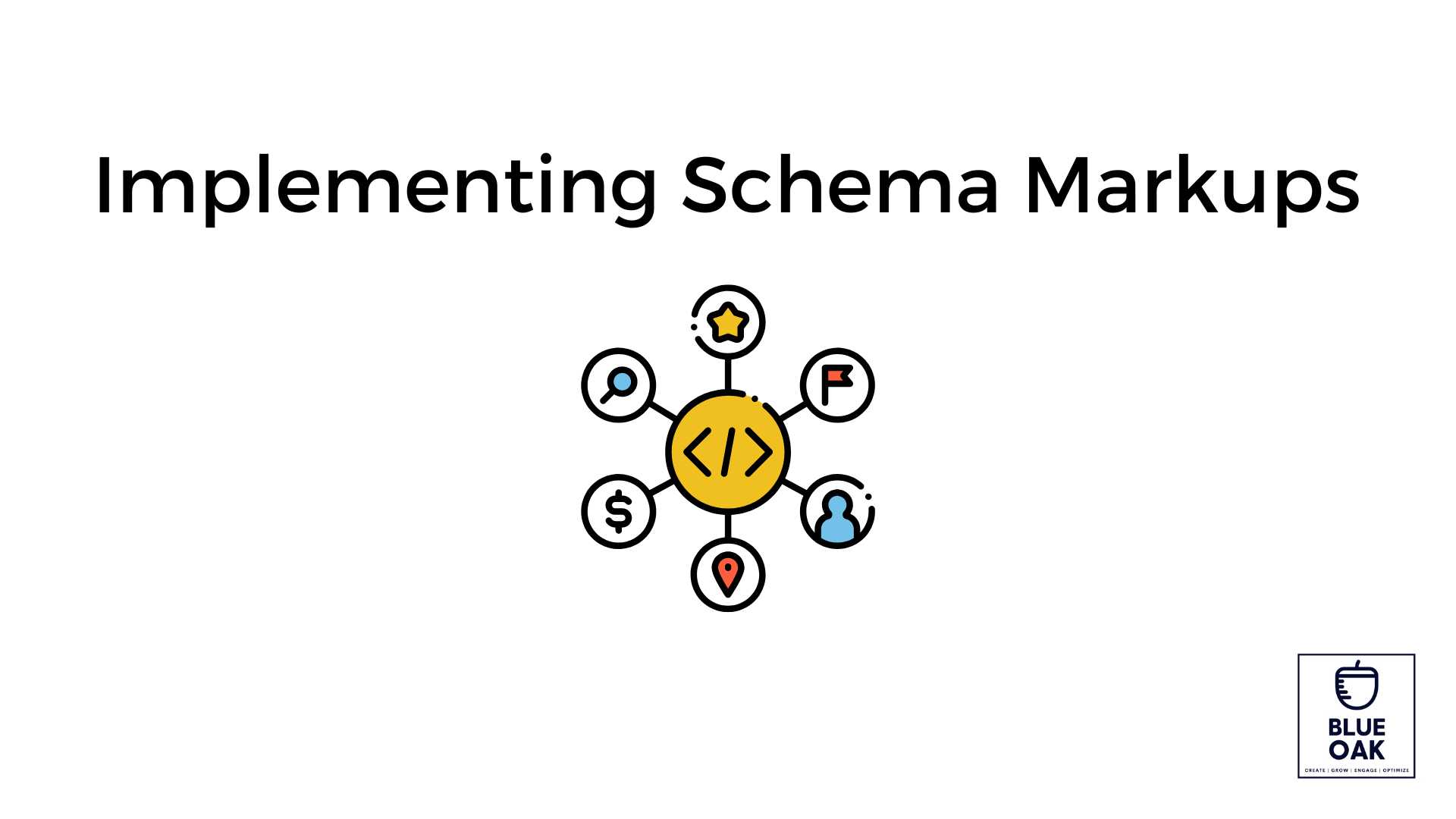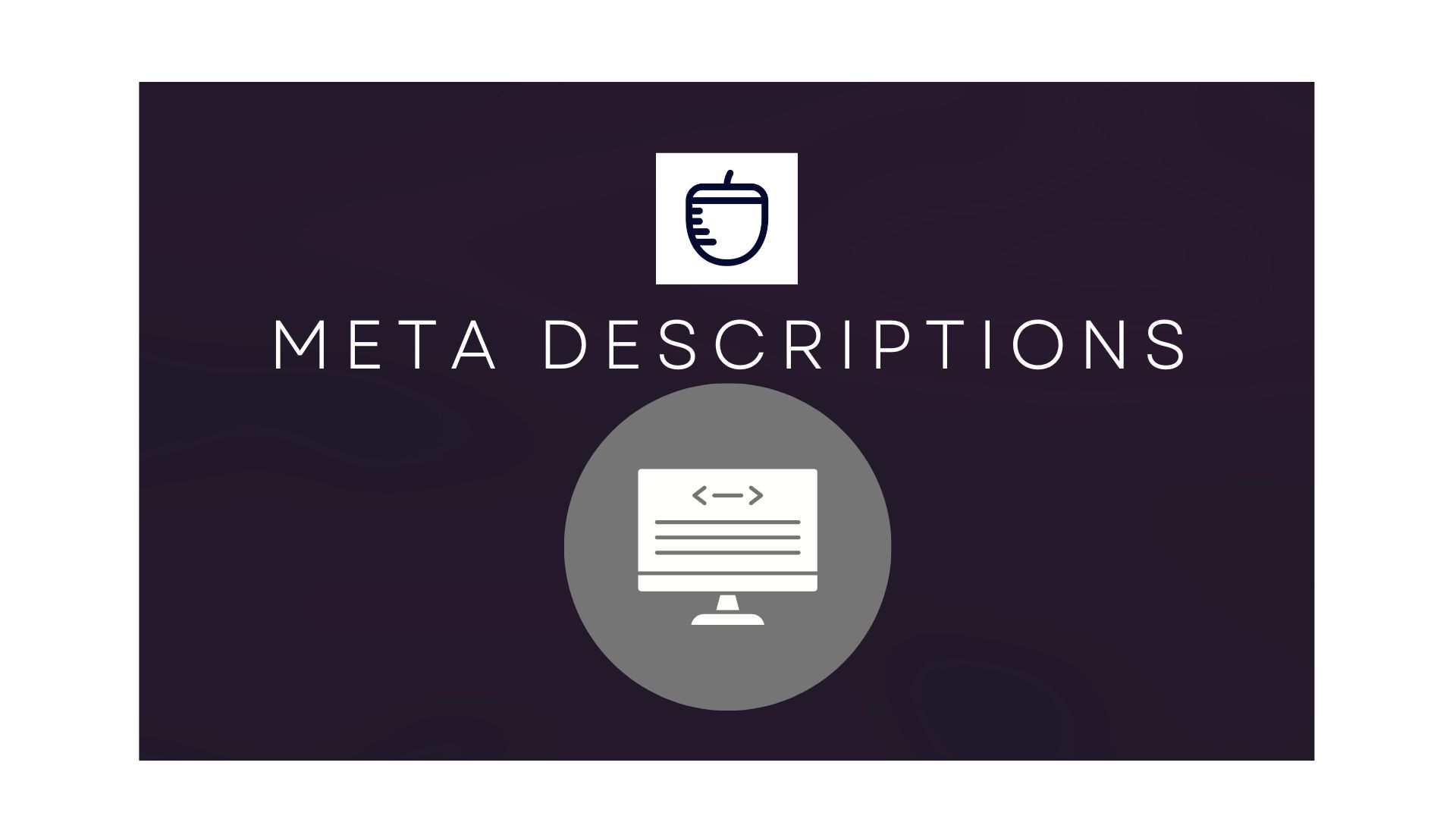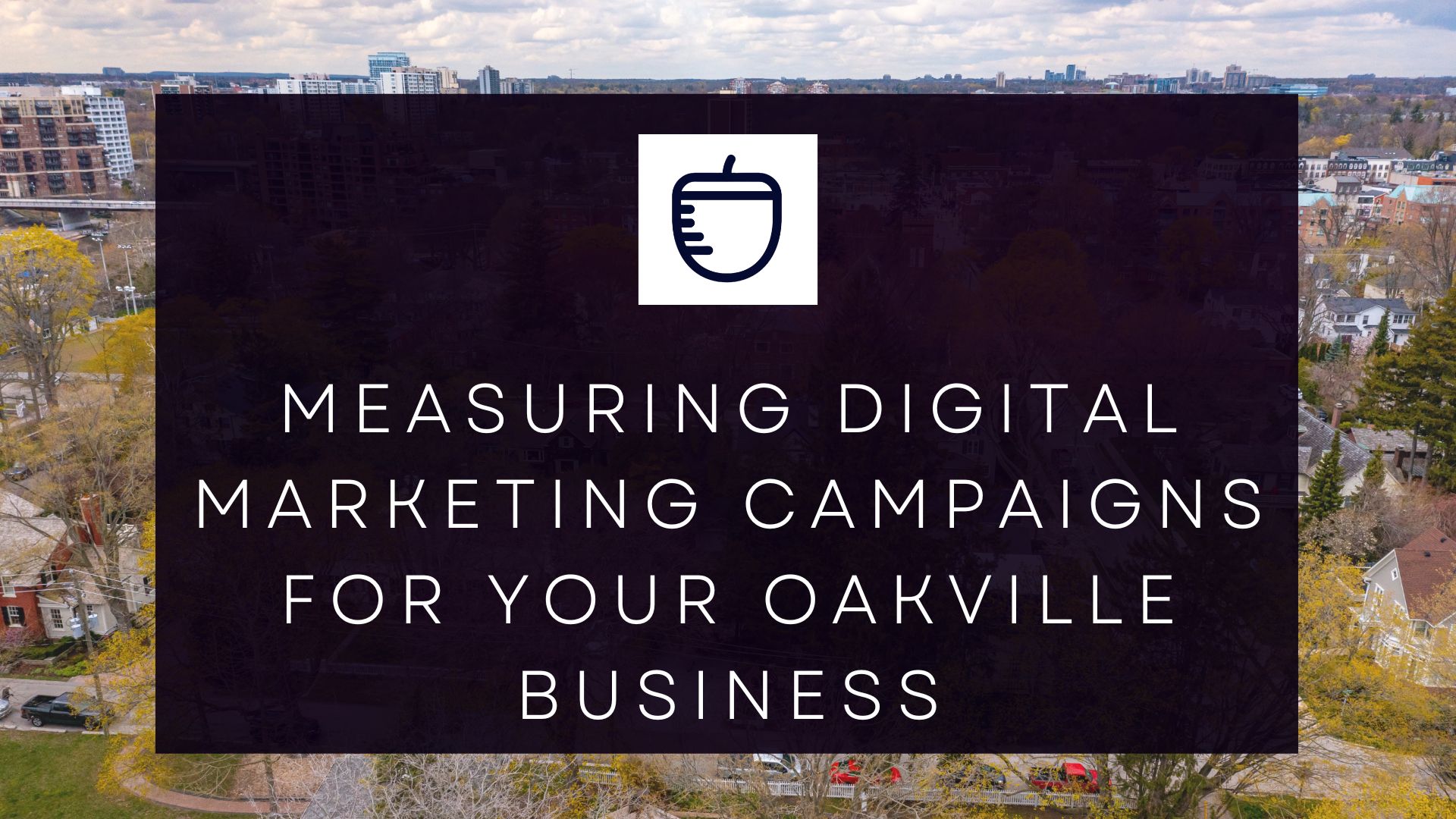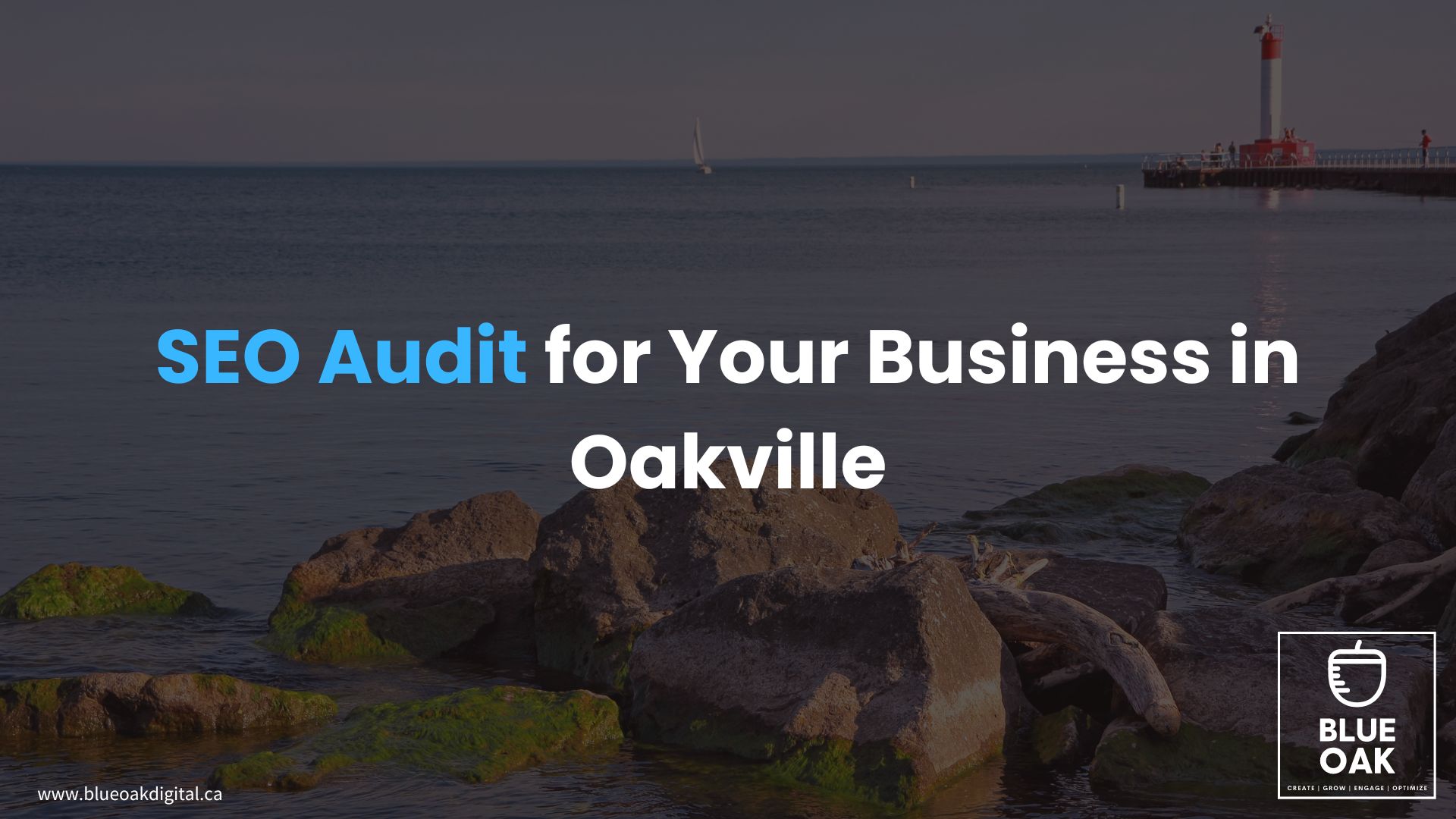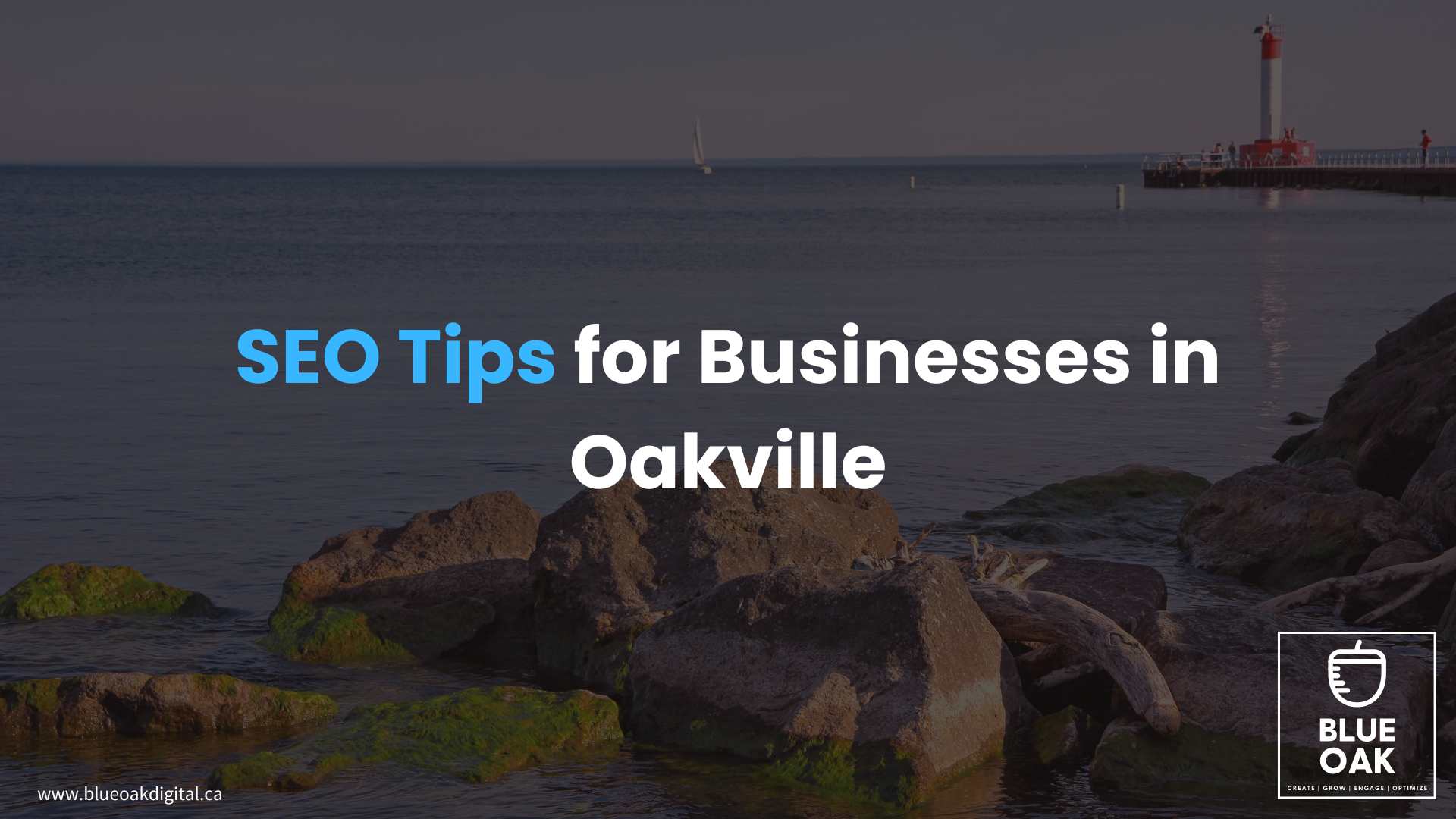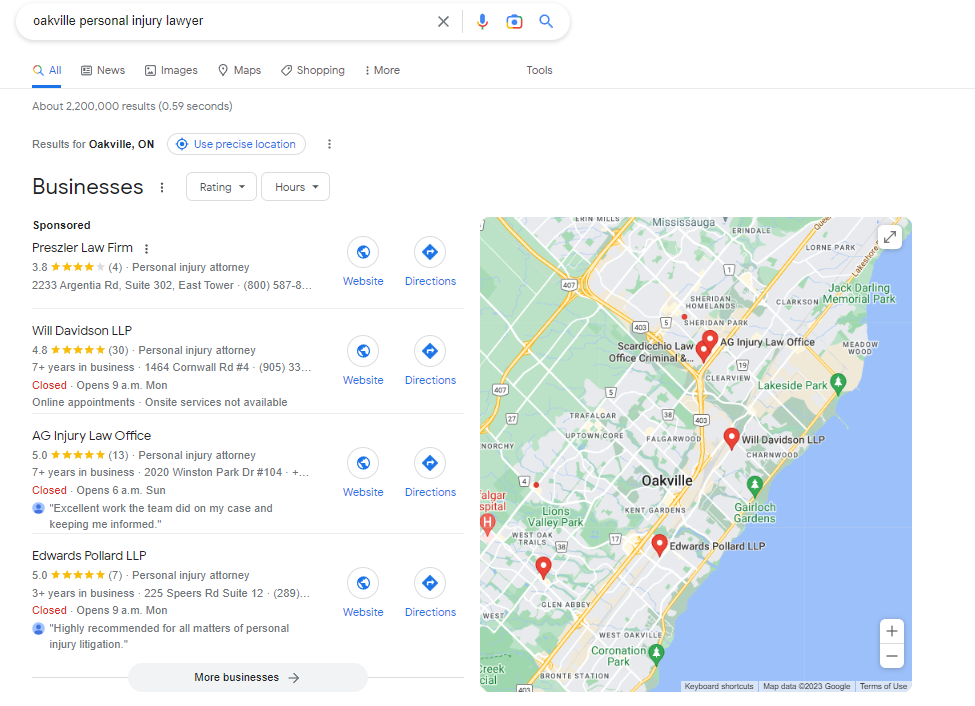Keyword Research for Businesses in Oakville
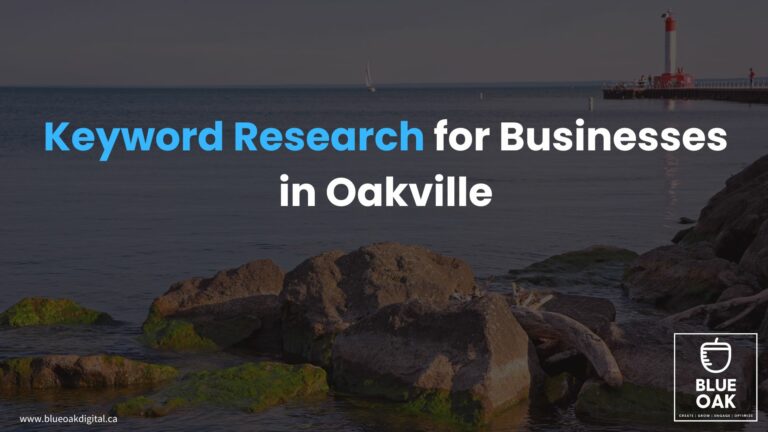
For SEO to be effective as a strategy, keyword research is a fundamental pillar of a successful online marketing strategy for businesses in Oakville, Ontario. By understanding the unique needs of your target audience and incorporating location-specific keywords, you can significantly improve your visibility and attract local customers. Let’s explore the step-by-step process of conducting keyword research for your Oakville-based business.
Table of Contents
ToggleWe’ll delve into identifying relevant topics, finding keywords with various intent types, incorporating local intent, assessing keyword metrics, utilizing powerful tools like Ubersuggest and Google Keyword Planner, performing competitor analysis, and strategically assigning keywords to optimize your website’s pages.
Identify Topics
Before diving into keyword research, it’s crucial to identify the main topics or themes relevant to your business. Consider your products or services, industry, and your target audience’s pain points or interests. For instance, a real estate agency in Oakville might focus on topics such as “buying a home in Oakville,” “Oakville neighborhoods,” “luxury homes in Oakville,” and “real estate market trends in Oakville.” Write down a list of these critical topics as a foundation for your keyword research.
Finding Keywords that Fill Those Topics in All Types of Intent
To effectively target your audience, it’s important to identify keywords that cover various intent types—informational, navigational, and transactional. Utilize keyword research tools like Ubersuggest and Google Keyword Planner to generate a list of keywords related to your chosen topics. For example, a landscaping company in Oakville might target keywords like “landscaping ideas,” “best landscape contractors in Oakville,” and “Oakville garden maintenance services.” Ensure your keyword list captures the intent behind users’ searches.
Identifying Related Terms
Expand your keyword list by identifying related terms and variations. Using tools like Ubersuggest’s “Related Keywords” feature, you can find terms that are semantically related to your main keywords. For instance, for a pet store in Oakville, related terms could include “dog grooming in Oakville,” “cat food stores near me,” and “pet supplies in Oakville.” Including these related terms broadens your keyword reach and improves the relevance of your content.
Finding Keywords with Local Intent
To target local customers effectively, incorporate keywords with local intent into your research. Include terms like “Oakville,” “near me,” and “in Oakville” in your keyword list. For example, a restaurant in Glen Abbey might target keywords such as “best Italian restaurant in Glen Abbey,” “family-friendly restaurants near Glen Abbey,” and “Oakville dining options.” Including specific location-based keywords increases the chances of attracting users searching for businesses within Oakville.
Assessing Keywords Based on Difficulty, Volume, and Relevance
As you accumulate a list of potential keywords, it’s essential to evaluate them based on their difficulty, search volume, and relevance. Keyword difficulty estimates how challenging it is to rank for a keyword. Tools like Ubersuggest can provide this metric along with search volume data. Prioritize keywords with high relevance, decent search volume, and manageable difficulty to optimize your efforts.
Utilizing Powerful Keyword Research Tools
Leverage powerful tools like Ubersuggest and Google Keyword Planner to streamline your keyword research process. Ubersuggest offers valuable insights into keyword suggestions, search volume, competition, and related keywords. Google Keyword Planner provides data on search volume, keyword ideas, and historical statistics. Utilize these tools to gather data and refine your keyword list effectively. With their features and functionalities, you can decide which keywords to target and optimize your content accordingly.
Performing Competitor Analysis for Keywords
Analyzing your competitors’ keyword strategies can provide valuable insights and help you identify gaps in your approach. Use tools like Ubersuggest to explore your competitors’ top-ranking keywords. By understanding the keywords they target, you can refine your targeting and discover new ideas. Look for opportunities where your competitors may have overlooked or keywords that are driving significant traffic to their websites. This analysis can inform your content creation and optimization strategy.
Assigning Keywords for Each Page or Creating New Pages
Once you have a refined list of keywords, it’s time to assign them to specific pages on your website. Ensure each page has a precise focus keyword and optimize the content accordingly. If you identify keywords that don’t align with any existing pages, consider creating new pages to target those keywords. This allows you to provide highly relevant information to your audience while improving your chances of ranking well in search engine results.
Keyword research is a crucial aspect of any successful digital marketing strategy for businesses in Oakville. Following the steps outlined in this guide can enhance your visibility, attract local customers, and drive targeted traffic to your website. Remember to continually assess and refine your keyword strategy as search trends and customer behavior evolve. With the right tools and a comprehensive understanding of your target audience, you can unlock the potential of effective keyword research to propel your business forward in the competitive online landscape.
Incorporating location-specific keywords, such as those targeting South Oakville, Bronte, Rural Oakville, Westmount, Glen Abbey, Joshua Creek, North Oakville, Palermo, and other Oakville neighborhoods, will further enhance your local SEO efforts and increase the chances of reaching customers in those specific areas.
If you want help in identifying keywords for your business, get in touch with our SEO specialists in Oakville, and we would love to help you out.





